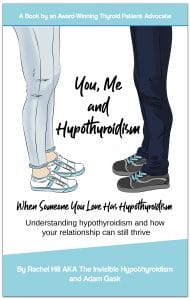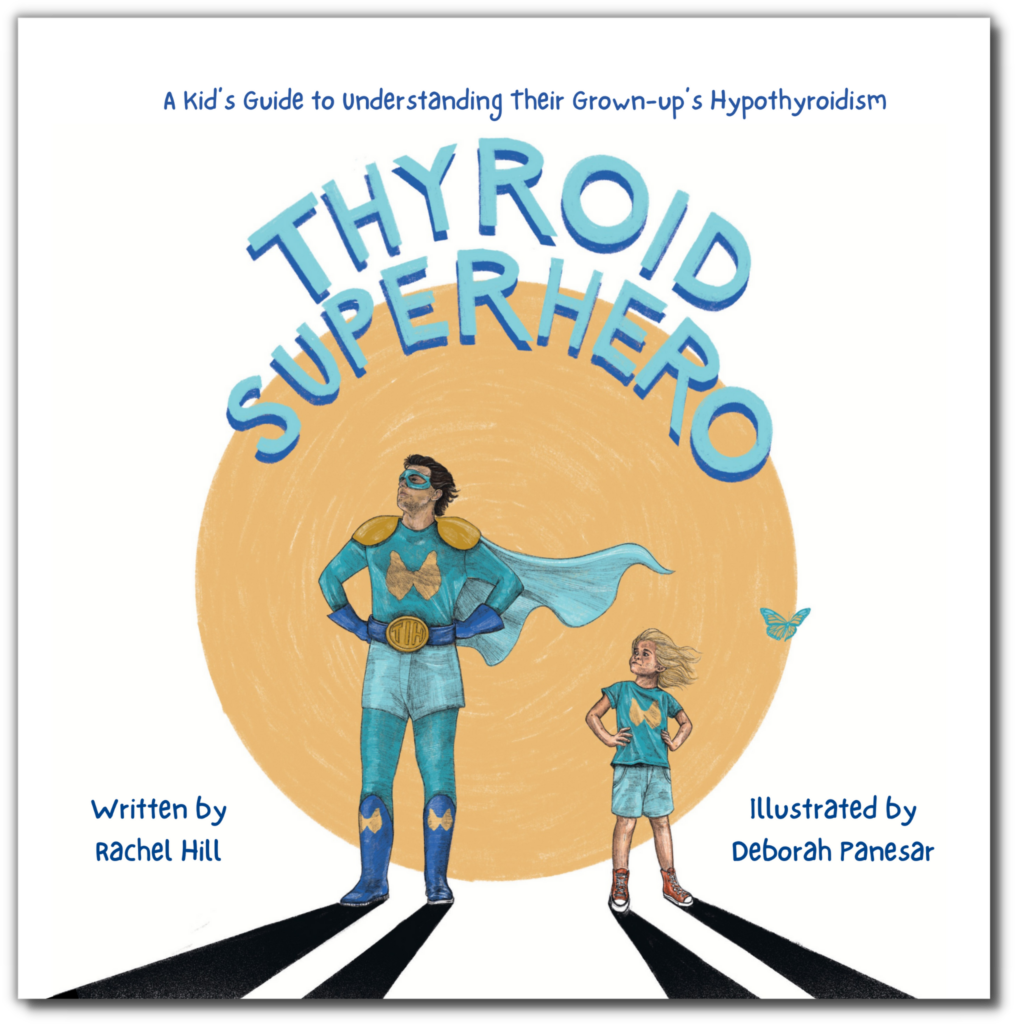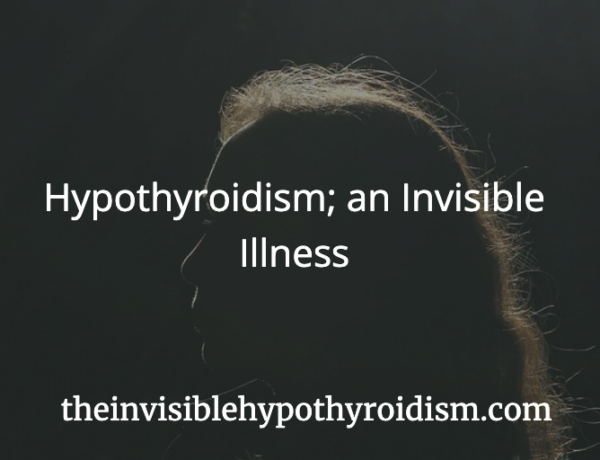Originally published on 4th December 2018 Last updated on 8th April 2024
Whilst it’s true that hypothyroidism and Hashimoto’s are more common in women, it doesn’t make men totally immune. As many as eight times more women than men are diagnosed with autoimmune hypothyroidism or an underactive thyroid, but that still leaves a lot of men out there living with the condition too.
Could this be you or a loved one?
Symptoms of Hypothyroidism in Men
Whilst many of the symptoms of hypothyroidism are non-gender specific, such as heavy fatigue, cold intolerance, weight gain, muscle aches, mental health struggles, constipation, brain fog and dry skin, some specific symptoms that men can experience in addition to these include:
- erectile dysfunction
- low or absent sex drive (libido)
- infertility issues (read about fertility and hypothyroidism here)
- low testosterone levels (which can mean lower sperm count while testicles might appear larger [1], [2], [3])
- lowered sperm mobility
- slow facial hair growth
- premature balding or thinning of hair
- and reduced muscle mass.
Studies have demonstrated that 64% of men with hypothyroidism experienced low libido, erectile dysfunction, sperm abnormalities and delayed ejaculation, but it is worth knowing that most (if not all) symptoms of hypothyroidism including these, should disappear or greatly improve with optimal thyroid treatment. [4]
Men Are Going Undiagnosed
However, as touched on above when I stated that a higher amount of women than men have hypothyroidism and Hashimoto’s, many men are going undiagnosed or misdiagnosed due to being overlooked.
I’ve made it no secret that a large amount of thyroid patients go years before finally being tested for a thyroid condition, after misdiagnoses or being dismissed, especially women, but men are also not likely to be tested for a thyroid panel by default either, just for different reasons.
I’d say that men are even less likely than women to be checked. Especially as the thyroid gland is part of the endocrine system, which is made up of glands that produce and secrete hormones (that regulate the body’s growth, metabolism and sexual function), and when you think of someone with a hormonal imbalance, you tend to think of a woman. Not a man.
As with many women who go back and forth to the doctors for years, a man with hypothyroid symptoms may be told that they are just common things men his age experience, or that only women get thyroid problems. But don’t let that stop you getting thoroughly tested and checked out for one.
Which Tests Do You Need?
In order to test for a thyroid condition, a full thyroid panel must be conducted. If you’ve been tested before and told your thyroid levels are fine, please ask for the results to be printed out and check what you were actually tested for.
A full thyroid panel consists of not only TSH (which is inaccurate when used alone), but also Free T3, Free T4 and thyroid antibodies TpoAb and TgAb. It’s worth knowing that if your doctor won’t order a full thyroid panel, you can order them yourself. UK thyroid patients can order from here and a US link can be found here.
In terms of results, you’re looking for optimal levels, as falling within range often isn’t enough. I’m just one of thousands of thyroid patients who knows they feel best with optimal results and even when my results fell in range and were declared ‘normal’, I felt awful. Please see information and studies relating to optimal thyroid levels here.
Already on Thyroid Medication?
If you’re already on thyroid medication and still don’t feel well, then please check out the many other possible pieces to your thyroid jigsaw listed here. While some thyroid patients feel their thyroid medication alone returns them back to good health, many others still have other issues to address, and I’ve listed them all for you to tick off here.
Causes of Hypothyroidism in Men
Thyroid conditions have a genetic component and are often passed down, especially Hashimoto’s and hypothyroidism. So having a parent, aunt or uncle with a thyroid condition increases your risk of having one too. Whether you or they are male, female, have an overactive or underactive thyroid condition.
What has your experience of hypothyroidism as a male been like? Feel free to share in the comments below.
You can click on the hyperlinks in the above post to learn more and see references to information given.

You, Me and Hypothyroidism: When Someone You Love Has Hypothyroidism, a book for those who know someone with hypothyroidism. It deals with many of the misconceptions and pain points that relationships encounter with a hypothyroid person.
It looks at fertility, libido, adjusting to dietary changes, medical appointments, employment, mood swings, housework, social events and more.
A Book for Children:
Thyroid Superhero: A Kid’s Guide To Understanding Their Grown-up’s Hypothyroidism, which helps children to understand their caregiver’s thyroid medication, flare days, symptoms and much more.
References:
[1] https://www.ncbi.nlm.nih.gov/pubmed/12841547
[2] https://www.ncbi.nlm.nih.gov/pubmed/15157835
[3] https://www.ncbi.nlm.nih.gov/pubmed/20126850
[4] https://thyroidpharmacist.com/articles/thyroid-disease-in-men/






